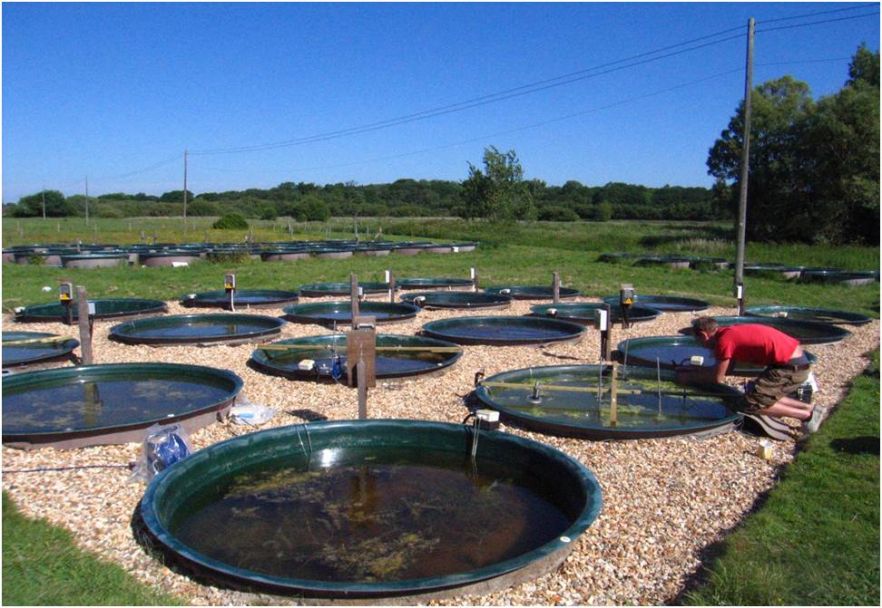Applied Aquatic Ecology
For the 2021 national Research Excellence Framework (REF) assessment, the River Communities Group led by Jones led to two impact case studies in UoA5 (Biological Sciences) and contributed to another impact case study in UoA8 (Chemistry):
- ‘Counteracting the Damaging Effects of Fine Sediment Pollution in UK Rivers’, which involved generating a new tool for assessing the impact of soil erosion on river fauna, used by the UK’s four environmental agencies to monitor water quality through its ecological status.
- ‘Informing ‘Glastir’, a New Sustainable Land Management Scheme delivering Benefits to Public Spending, Welsh Farmers and the Environment’, which informed the design of a highly cost-effective agri-environment scheme that is benefiting both biodiversity and the wider economy of Wales.
- ‘Informing the Public Debate on the Environmental Impact of Plastic-based Pollutants’, which quantified the risk of toxic effects from plastic pollution and impacted UK and EU plastic use policy
Recent work by Jones has led to freshwater species being included in the Statutory Instrument to measure change in biodiversity and the success of the UK government’s 25 Year Environment Plan.
Jones’ work continues with substantial grant income, including a €14.3 M EU award (€2.2M to UoA5) for mitigating plastic pollution and three Defra-funded projects on pollution and metal contamination (total £408k). See a full report on the research understanding the impact of plastic pollution on the aquatic environment: https://www.qmul.ac.uk/sbbs/research/featured-research/measuring-the-impact-of-plastic-pollution/

Assessing ecosystem consequences of global warming using small experimental ponds

